LGBTIQ+ people | United Nations (original) (raw)
©UNHCR/Angyalosi Beat
Everyone deserves equal rights, freedom from violence, persecution, discrimination, harassment, and stigma – including LGBTIQ+ individuals.
Equal rights
Ensuring the full spectrum of human rights and freedoms for all individuals lies at the core of the United Nations' mission. It's crucial for progress in development, peace, security, and humanitarian efforts, aligning with the Universal Declaration of Human Rights and international agreements. All persons have an equal right to live free from violence, persecution, discrimination, harassment and stigma, including lesbian, gay, bisexual, transgender, intersex and queer (LGBTIQ+) persons.
In the outcome of the 1993 World Conference on Human Rights titled Vienna Declaration and Programme of Action, Member States unanimously agreed that “all human rights are universal, indivisible and interdependent and interrelated.” The global community should treat human rights “globally in a fair and equal manner, on the same footing, and with the same emphasis.”
Member States also unanimously agreed that “while the significance of national and regional particularities and various historical, cultural and religious backgrounds must be borne in mind, it is the duty of States, regardless of their political, economic and cultural systems, to promote and protect all human rights and fundamental freedoms.”
The UN System has a long history of working to tackle exclusion, violence, stigma and discrimination against all persons and marginalized groups – including LGBTIQ+ people – in line with existing international law and globally agreed commitments such as Agenda 2030.
UN agencies in 2015 joined forces to condemn violence and discrimination against LGBTIQ+ people. The joint statement urges governments to act and reflects the UN's commitment to supporting progress on these issues.
In 2024, the UN Secretariat adopted a strategy on the protection from violence and discrimination of LGBTIQ+ persons.
Highlights of work across the UN System
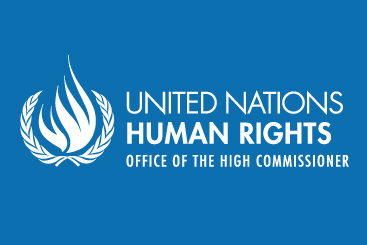
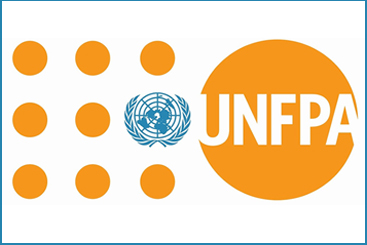
Sexual and Reproductive Health
UNFPA believes everyone is entitled to comprehensive sexual and reproductive health and rights and is guided by the 1994 International Conference of Population and Development (ICPD) Programme of Action, adopted by 179 governments, which recognizes that reproductive health includes the right of all people to have a satisfying and safe sex life. Yet we know that members of the LGBTQIA+ community still face serious barriers and disparities in addition to, and as a result of, discrimination and stigma in meeting their unique needs and realizing these rights. In its commitment to leaving no one behind, UNFPA works alongside the community and with other partners toward a world where LGBTQIA+ people are afforded the same rights as others.
Equality in dignity & rights for LGBTQIA+ people
Photo: ©UNFPA Bangladesh/Gaia Paradiso
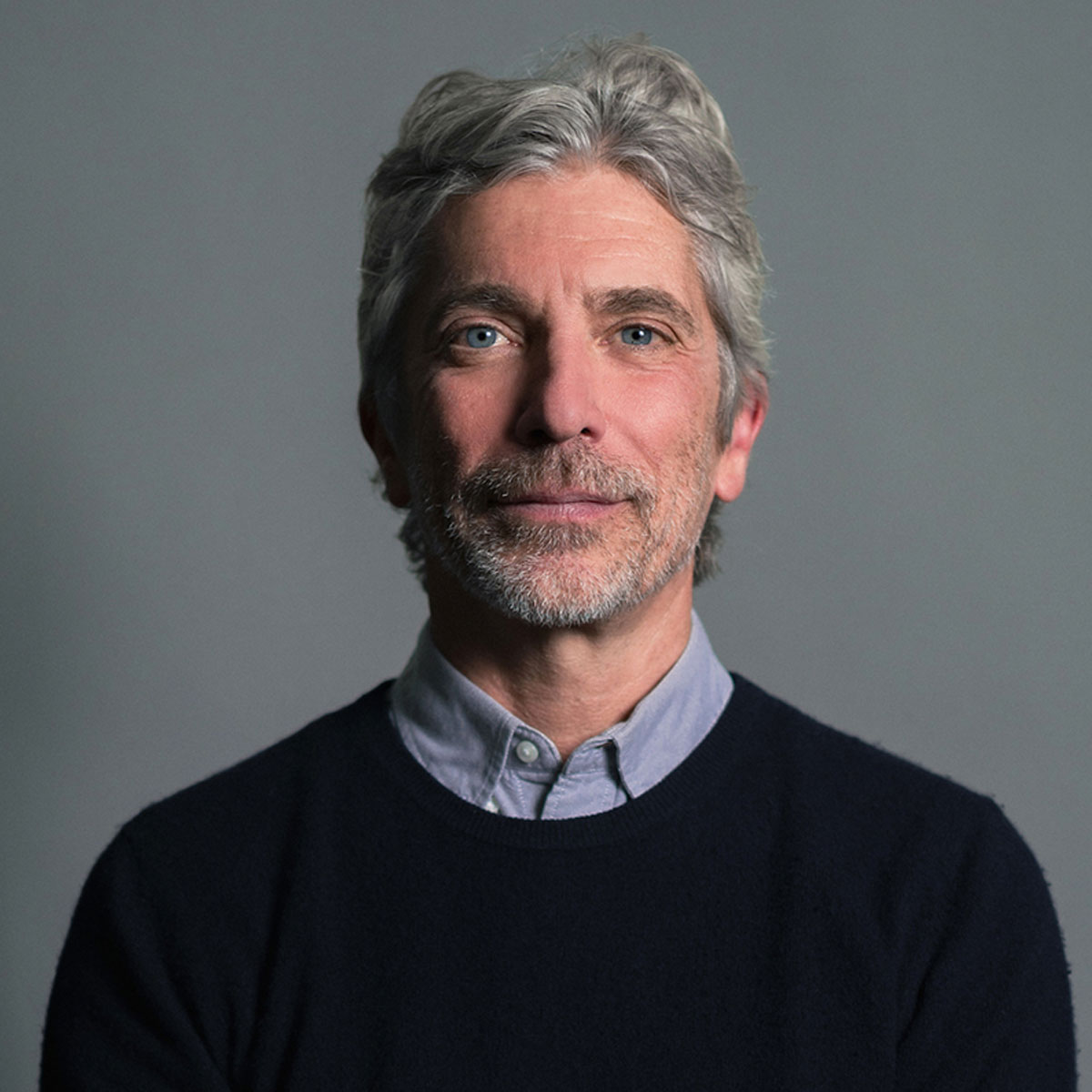
UN Independent Expert
In 2016, the United Nations Human Rights Council appointed an Independent Expert on protection against violence and discrimination based on sexual orientation and gender identity. The Expert assesses implementation of international human rights law, identifies good practices, raises awareness, engages in dialogue with all relevant stakeholders and provides advisory services, technical assistance, capacity-building to States and other stakeholders. Mr. Graeme Reid was appointed in late 2023.
Photo: ©Sebastian Andrea Wirsching
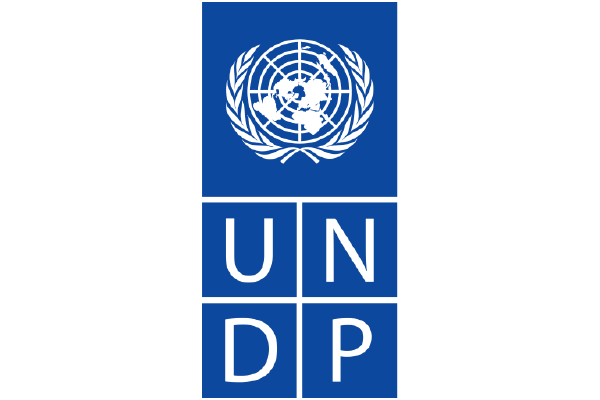

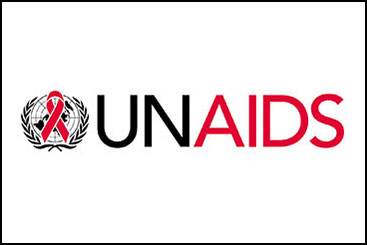
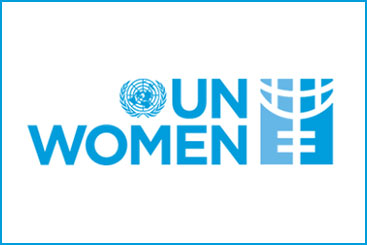
Women and girls
UN Women is committed, in the pursuit of gender equality, to promoting the full realization of the human rights and equality of all people with diverse sexual orientation, gender identity, gender expression and sex characteristics. LGBTIQ+ people’s concerns are integrated in all areas of work, including governance and participation in public life, economic empowerment, ending violence against women, women, peace and security and humanitarian action.
UN Women statement marking IDAHOBIT 2024
Photo: ©UN Women/Mariken Harbitz
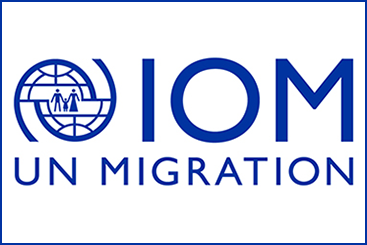
Migrants
IOM's programming is inclusive of a wide range of migrants, including migrants of diverse gender identities, gender expressions, sexual orientations and sex characteristics. IOM strives to be inclusive and respectful, and to ensure services are appropriate, accessible and dignified, and has developed a range of tools and materials to advance inclusion and respect for LGBTIQ+ migrants.
Illustration: ©IOM/United Nations Free & Equal
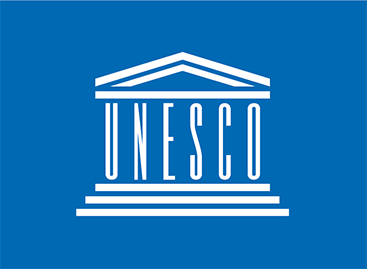
UN Secretariat LGBTIQ+ Strategy
In 2024, the UN Secretariat adopted a strategy on the protection from violence and discrimination of LGBTIQ+ persons. The strategy reaffirms internal commitments to providing a safe, enabling, welcoming and supportive environment that values all United Nations personnel, irrespective of gender identity, gender expression, sexual orientation or sex characteristics, to advance equal opportunities, non-discrimination, zero tolerance for prohibited conduct, respect for dignity and rights and effective participation. It also reaffirms external commitments, in line with respective UN mandates, international law, norms and standards and other globally agreed commitments including the 2030 Agenda, to prevent, mitigate and address exclusion, violence, stigma and discrimination, and to advance the protection and realization of the human rights, of LGBTIQ+ persons, as part of efforts to leave no one behind.
